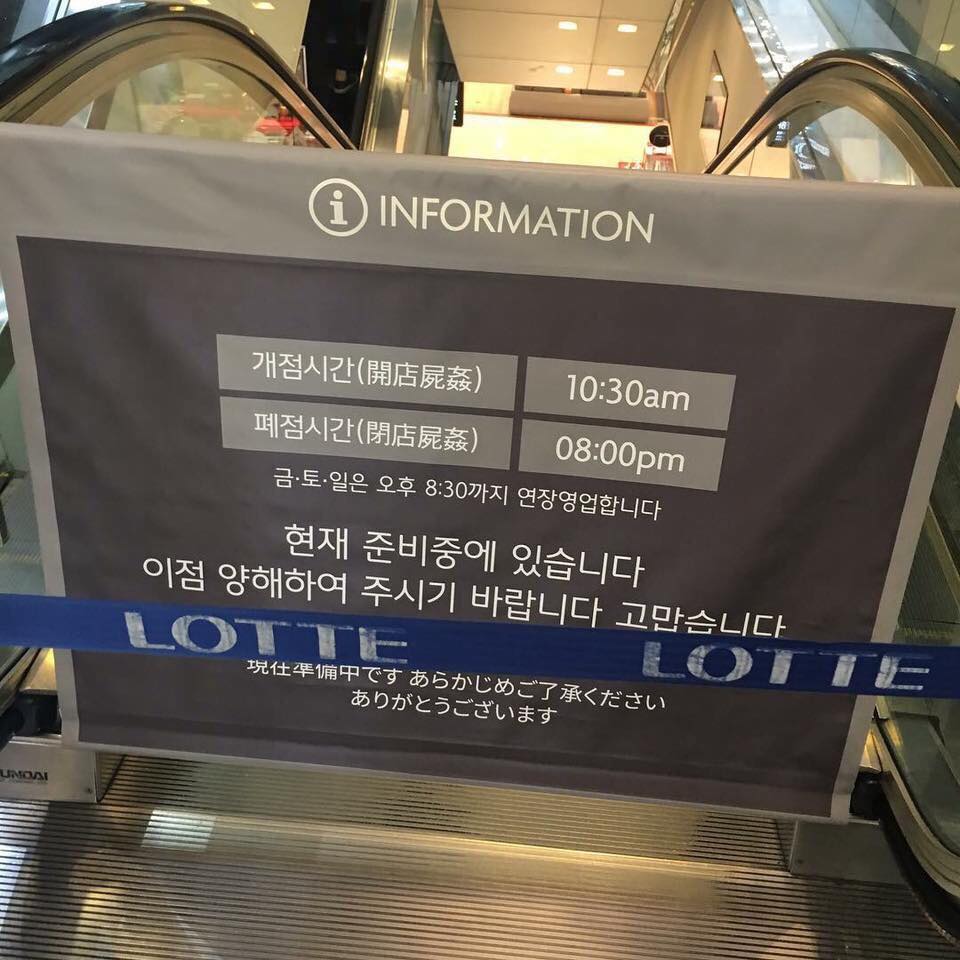Oh, 18!
Robert Hay writes:
There's a Korean pitcher in the majors named Seung-Hwang Oh who was just traded to the Colorado Rockies. Both his previous uniform numbers, 26 and 22, were already taken, so he got number 18, leading to this realization by Sung Min Kim on Twitter:
So, it occurred to me that Seung-Hwan Oh is wearing 18 now, which results in a pretty hilarious back of the jersey only for those who understand Korean curse words. pic.twitter.com/GAXMU3nJdp
— Sung Min Kim (@sung_minkim) July 29, 2018
Read the rest of this entry »

